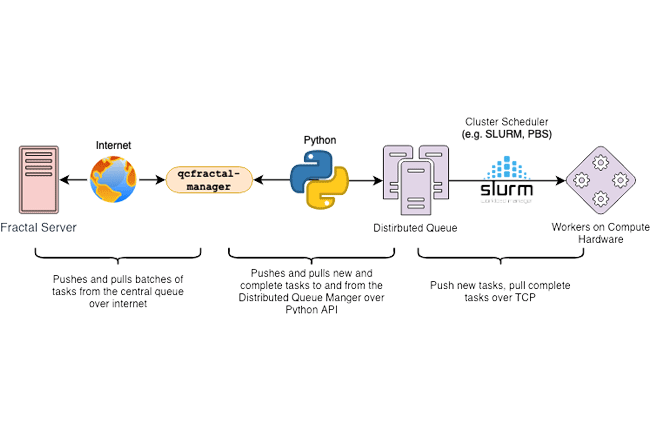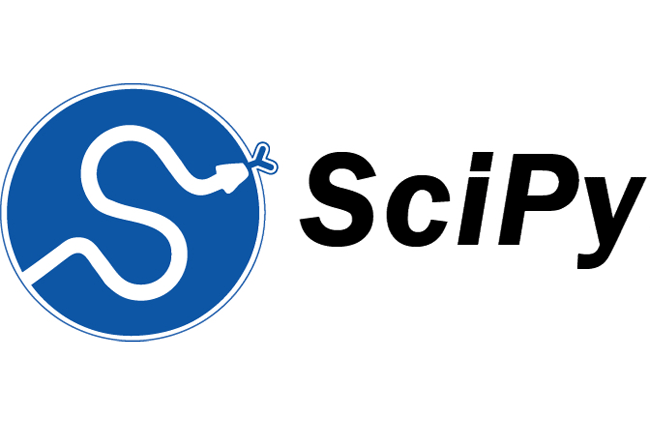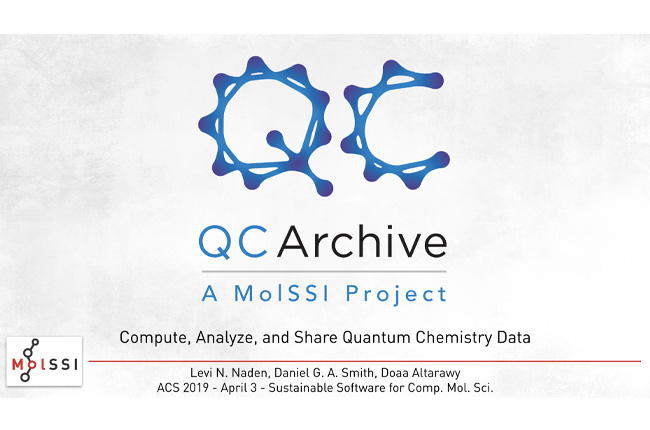Part of the QCArchive team went to SciPy this year to find out about the latest scientific and data analysis python projects. SciPy brings together hundreds of members of the scientific python community from academia, government, and industry partners; you can find more details here. Attending SciPy for us is a fantastic opportunity to interact with leaders in the field and to find out where the SciPy ecosystem is evolving over the next year.
First and foremost, I gave a talk with MolSSI Associate Lori Burns, a research software engineer at Georgia Tech, who is working with us on the QCArchive project. This talk covers how QCArchive is making the quantum chemistry ecosystem more composable by breaking down common operations into building blocks and exploring ways to interact with the SciPy ecosystem. We also briefly covered some of the capabilities of the QCArchive ecosystem.
It was fantastic to see friends that are part of many academic groups, communities, and companies such as the MOSDEF initiative, Glotzer Group, Cummings Group, Relay Therapeutics, IBM-Q, Exxon, Numat Technologies, NAMD, Psi4, MDAnalysis, Conda-Forge, Intel, Plotly, URSSI, and more! We believe the presence of these groups highlights the importance of the Scientific Python ecosystem in computational molecular science. A few open-source highlights from the above groups:
- MOSDEF-Hub - MD Workflows, atom types, and molecule builders.
- Freud - Mesoscale particle trajectory analysis tools.
If you could not attend SciPy you can check out all of the presentations on YouTube! See the full list here. Check out a few presentations that we particularly enjoyed:
- Freud - Analysis of nanoscale simulation data, partially written by Bradley Dice, one of our software fellows.
- Jupyter Keynote - Future directions of Jupyter.
- Refactoring the SciPy Ecosystem for Heterogeneous Computing - An overview of moving the SciPy stack to GPU computing.
- Bayesian Statistics Tutorial - Introduction to Bayesian Statistics.
- Vaex - Ultra-fast out-of-memory Pandas DataFrames
- RAPIDS - Data science pipelines on GPU’s.
- Voila - From Jupyter notebooks to standalone web applications and dashboards.
As always, get in touch at qcarchive@molssi.org, and if you benefit from our work consider starring us on GitHub or making an issue if you would like to give us feedback!





